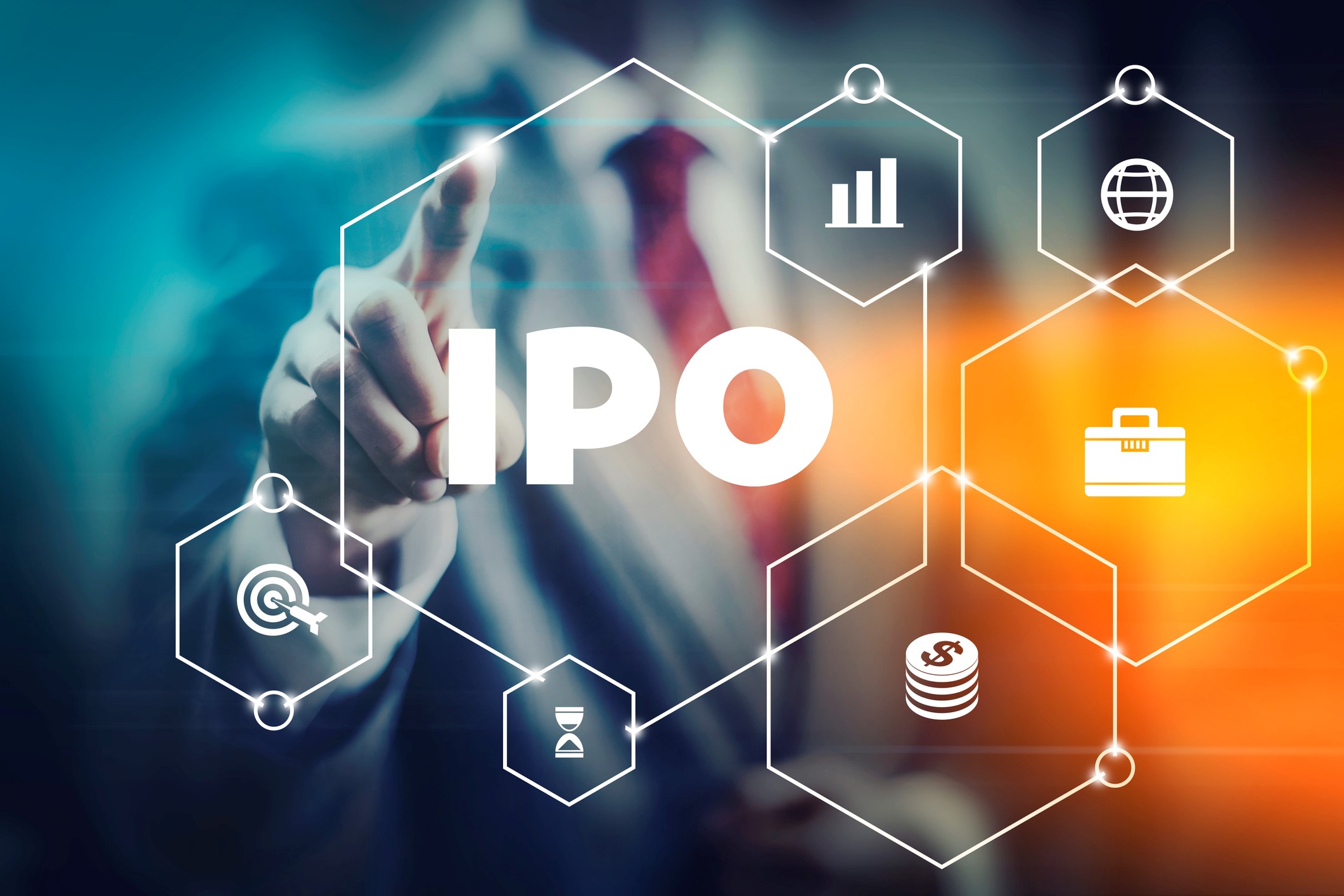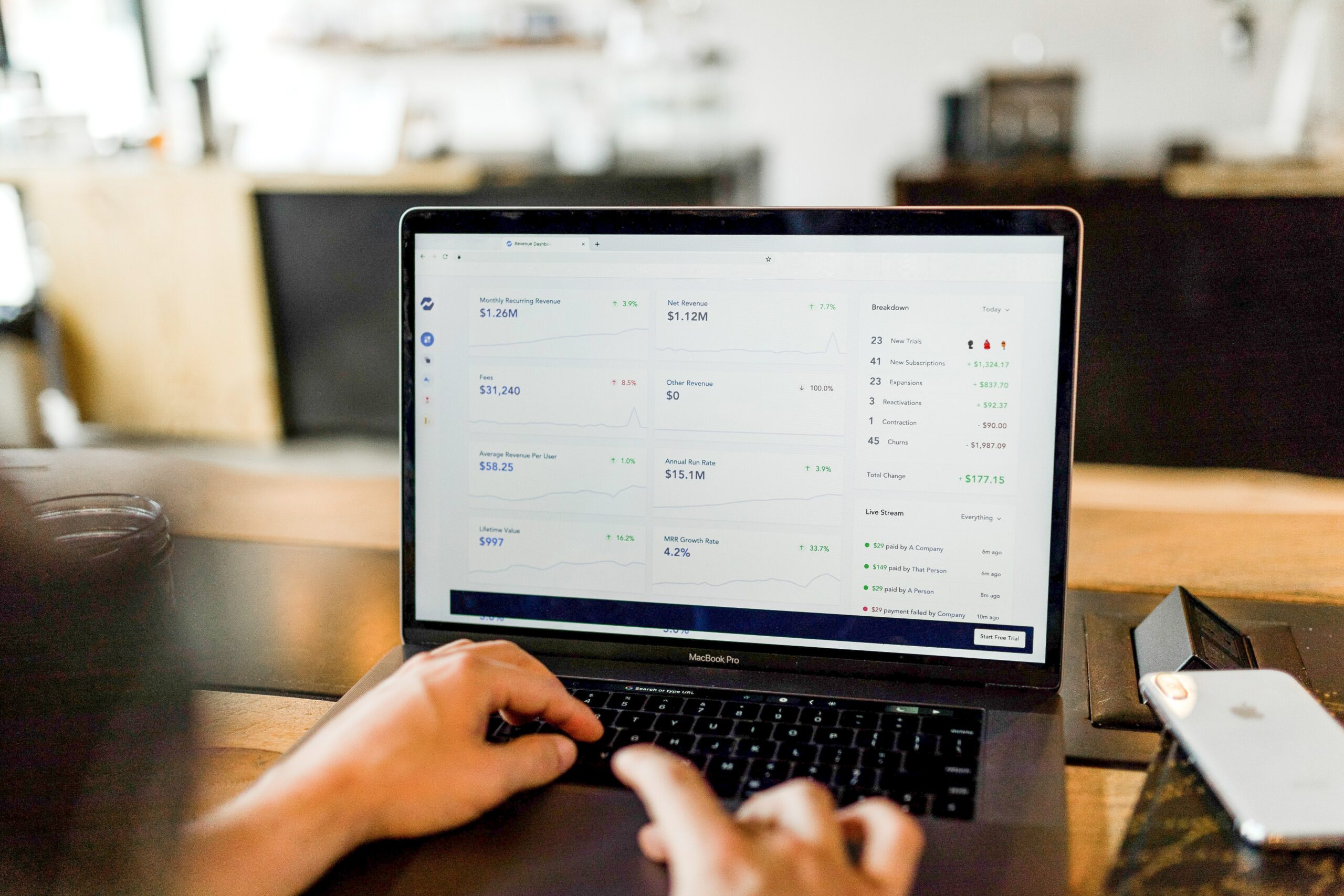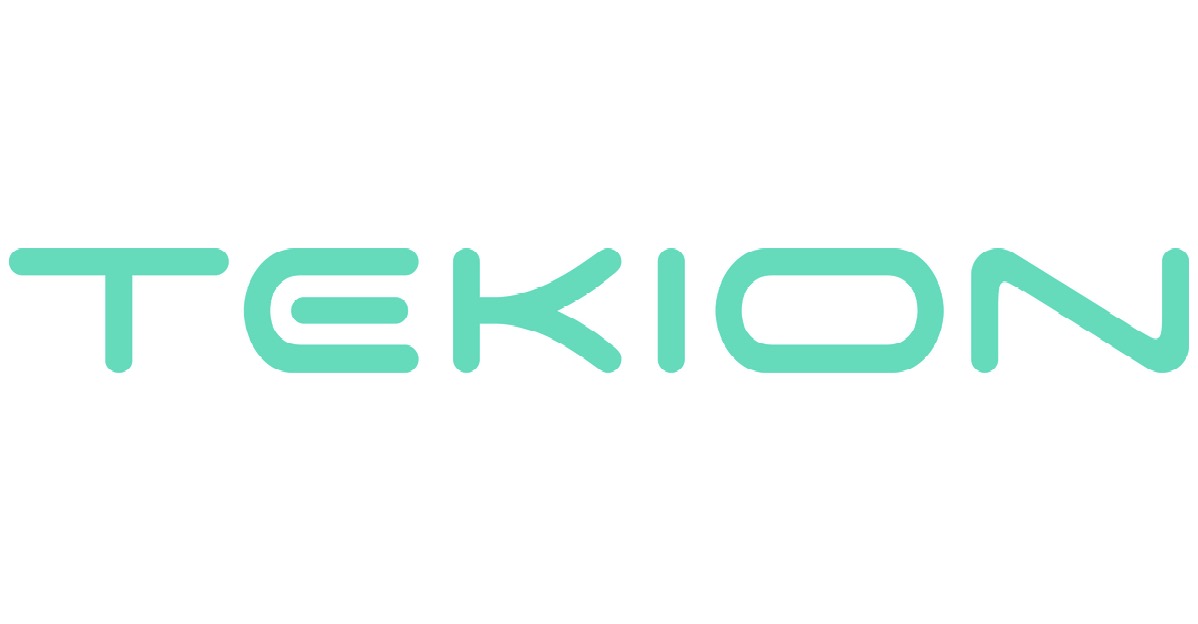You may have noticed a trend in the last 10 years: The big returns (1,000%+) are made when a company has its IPO, not after.
Early-stage VCs are buying companies and taking them public at sky-high valuations 12 months later, for you and me to buy at a massive premium (and make the VCs and founders rich in the process).
I’m tired of it – I bet you are, too.
Traditionally, it was impossible to buy pre IPO stocks as a retail investor. That has changed in recent years, if you know what you’re doing.
Pre-IPO Investing Opportunities in 2025
In 2025, you and I can invest in stocks before IPOs and get in on the ground floor of the highest potential private companies, right alongside venture capitalists and private equity funds.
Here’s how to buy pre-IPO stock.
You can become an investor in private companies like Stripe, Discord, and Databricks.
Hiive gives accredited investors access to hundreds of high-growth, VC-backed startups. By funding employee stock options, investors like you can gain exposure to private companies at past valuations. In exchange for funding the options, you will receive a percentage of future proceeds from successful liquidity events.
Start investing in private companies on Hiive.
Hiive is a secondary marketplace. For an in-depth review of one of Hiive’s biggest competitors, check out our article how does Equitybee work?
How do Companies Sell Pre-IPO Stock?
Before we cover how to go about buying pre IPO stock, we need to know how the companies are selling their equity.
If you want to buy something, you need to know how it’s sold.
Most pre-IPO investments are sold in 1 of 3 ways:
- Venture capital, private equity, angel investors – These firms provide initial financing and acquire large blocks of shares.
- Stock options – Stock options are granted to early employees as part of their compensation.
- Pre-IPO placements – Immediately before an IPO, the IPO underwriter may make a stock available at a discount to select investors.
Let’s talk about how to purchase pre IPO stock.
How to Buy Pre-IPO Stock – 3 Methods
Thanks to the rise of Fintech, pre-ipo investing has gotten easier in recent years.
But despite there being quite a few pre-ipo investing platforms in 2025, regulations still make it very challenging for retail investors to buy pre IPO stock.
While there are no mainstream solutions, here are 3 different ways you can invest in pre IPO stocks, if you’re willing to work for it.
1. Use a Specialized Pre-IPO Investing Platform
Hiive is one of the best ways to become an investor in private companies like Stripe, Reddit, and Instacart.
Hiive gives accredited investors access to thousands of high-growth, VC-backed startups. By buying shares from employees, venture capital firms, or angel investors, accredited investors can own stakes in private companies.
Register for Hiive and see the full list of companies available for investment.
In addition to Hiive, there are a few online brokers who invest in pre-IPO companies and will sell them to their customers as a perk for having an account with them. Not all brokers invest in private companies, and the ones that do won’t provide access to every new IPO.
Here are a few brokers that provide access to pre-IPO stocks:
- TradeStation (my #1 choice)
- Fidelity
- TD Ameritrade
In addition to these brokerages, there are a few other companies that specialize in providing access to pre IPO companies:
2. Buy Pre-IPO Stock Directly
Using a specialized broker is the easiest and fastest way to take part in pre-IPO investments, but there are other options available depending on who you are.
You can become an angel investor and invest in private companies directly. However, you’ll need to know somebody at the company (or know another investor who does) or be a well-known figure who the company wants to work with.
For example, if you have a track record of starting and exiting healthcare tech companies, you may find founders in the space who need your expertise and are willing to sell you equity.
If you have industry expertise, you may find deals by Google’ing funding rounds, watching the news, or attending conferences.
If you do invest in companies at this stage you will be able to invest early in their growth curves, but they will probably not be actively planning their IPOs. This means your capital may be tied up for a while, which increases your risk. If you choose a winner, however, your returns could be substantial.
Additionally, crowdfunding platforms like AngelList and FundersClub allow you to invest directly in startups. Personally, I find these investments less appealing – I’ve heard stories of these companies burning through investors’ funds or running outright scams.
3. Buy Pre-IPO Stock Indirectly
If you don’t meet the minimum investment requirements or the risk of investing in early-stage companies is too high for you, consider making indirect investments into the pre-IPO market.
There are 3 ways to invest in private companies indirectly:
- Public companies – Many public companies own portions of private companies. Disney, for example, owns 66% of Hulu. By buying Disney (NYSE: DIS), you can participate in Hulu’s upside. Hulu makes up just 10% of Disney’s revenue, however, so be sure you like the rest of Disney’s business.
- Public venture capital firms – Companies like Blackstone Group (NYSE: BX) have portfolios of private investments in which you can become an indirect shareholder.
- Private Equity ETFs – ETFs like Invesco Global Listed Private Equity ETF (NYSEARCA: PSP) purchase blocks of privately-held companies. Private equity funds are actively managed and may have high fees.
For an in-depth example, check out how to buy Open AI stock before it goes public.
By owning the companies that own the startups, you can gain exposure to the upside of a potential home-run IPO while diversifying your risk across the underlying company’s business or portfolio of investments.
You can make indirect investments via your existing brokerage account.
Interested in buying pre-IPO stocks indirectly?
Read our articles on:
Final Word: How to Buy Pre IPO Stock
While it’s not as straightforward as buying a publicly-traded stock, there are a few ways for you to be buying pre IPO stock if you know where to look.
Remember to perform extra due diligence and to check the fees, restrictions, limitations, and qualifications associated with any pre-IPO stock transaction.
That’s how to buy stocks before IPO!
Any views expressed here do not necessarily reflect the views of Hiive Markets Limited (“Hiive”) or any of its affiliates. This communication is for informational purposes only, and is not a recommendation, solicitation, or research report relating to any investment strategy or security. Investing in private securities is speculative, illiquid, and involves the risk of loss. Not all private companies will experience an IPO or other liquidity event; past performance does not guarantee future results. WallStreetZen is not affilated with Hiive and may be compensated for user activity resulting from readers clicking on Hiive affiliate links. Hiive Markets Limited, member FINRA/SIPC.
FAQs:
What is a pre IPO stock?
A pre-IPO stock is a private company that has plans of making its IPO and becoming a public company.
How to buy pre IPO stock?
You can buy pre-IPO stocks by using a specialized broker (like TradeStation), buying equity directly from the company, or by investing indirectly via companies that own the pre-IPO stock.
What time do IPOs start trading?
IPOs aren’t listed at a specific time in the U.S. The IPO is held before the market opens and shares start trading when the market opens at 9:30 a.m. EST.
However, it may take an hour or more before the new stock becomes available to retail traders.
IPOs aren’t listed at a specific time in the U.S. The IPO is held before the market opens and shares start trading when the market opens at 9:30 a.m. EST.
However, it may take an hour or more before the new stock becomes available to retail traders.
Which online brokers are pre IPO brokers?
TradeStation, Fidelity, and TD Ameritrade all provide some access to pre-IPO stocks.
Where to Invest $1,000 Right Now?
Did you know that stocks rated as "Buy" by the Top Analysts in WallStreetZen's database beat the S&P500 by 98.4% last year?
Our July report reveals the 3 "Strong Buy" stocks that market-beating analysts predict will outperform over the next year.







